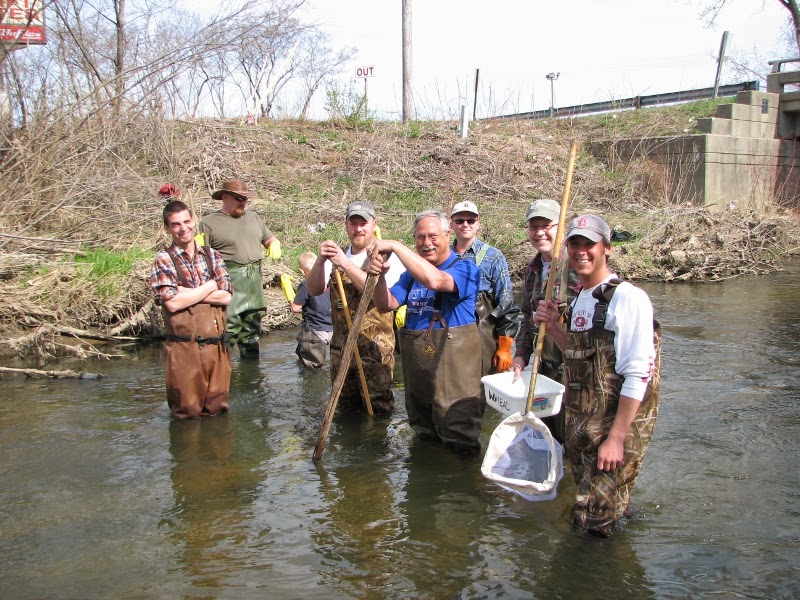I can remember getting quite worried over what was going to
be revealed when I stood before the judgement seat of God and all the books
were opened and every sinful thing I had ever done would be read off for the
entire world to hear. I could only
think about how terrible this would be and I wished that I might be able to
skip out on this. I was often told that
you cannot skip out on this exercise, but that everybody had to go through
it. I thought about how embarrassing
this would be to have my mother, who I knew was going to be there, listen to
everything I had so carefully concealed from her. That was scary! In fact, the whole reason that eternity was
going to be eternal was to give enough time to read everybody’s list – that is
how long eternity will have to be. I am
sure it would take several weeks just to get through mine!
Lately I have been looking at the book of Revelation
anew. I came to that passage that says,
“And I saw the dead, great and small, standing before the throne, and the books
were opened.” Then it says that the dead were judged according to what they had
done as recorded in the books. I have
spent some time thinking about this.
Something that helped me understand this is an exercise called blackout poetry.
Blackout poetry is when a person takes a newspaper or a book
and, using just one page, blacks out all the words that they do not want to be
in the poem. The result is a poem
consisting of only the words that the person has left uncovered. I have a good idea that this might be what
will happen to everything that we have done wrong. It will be blacked out by the grace of
Christ. Or, you might say, that his
blood will completely “red” out the sin and leave only three simple words.
I decided I would try this.
So I got the book East of Eden,
by John Steinbeck. I took that book
because it really examines sin as it takes root in a family relationship,
something that happened after the fall of Adam and Eve when they were cast out
of the Garden of Eden to the east. Well this
is the blackout poem that I made from page 42 of the book East of Eden, and that I believe Jesus creates in our books:
Everything is gone except the most powerful three words in
the world: “I love you.” That made so
much sense to me. I recall the great
words from Psalm 103:12, “As far as the east is from the west, so far has he
removed our transgressions from us.”
Another beautiful passage that comes to mind which gives me such great
assurance is I Corinthians 13:5, which says that love “keeps no record of wrongs.” If the Lord is instructing us to demonstrate
this kind of love, you can be sure that he is modeling this kind of love for us
every day.
I have greater comfort now that when the books are opened at
the last judgment, what each of us who have found forgiveness in Christ will
see is a blackout poem with nothing but the wonderful words, “I love you,”
–Jesus.





